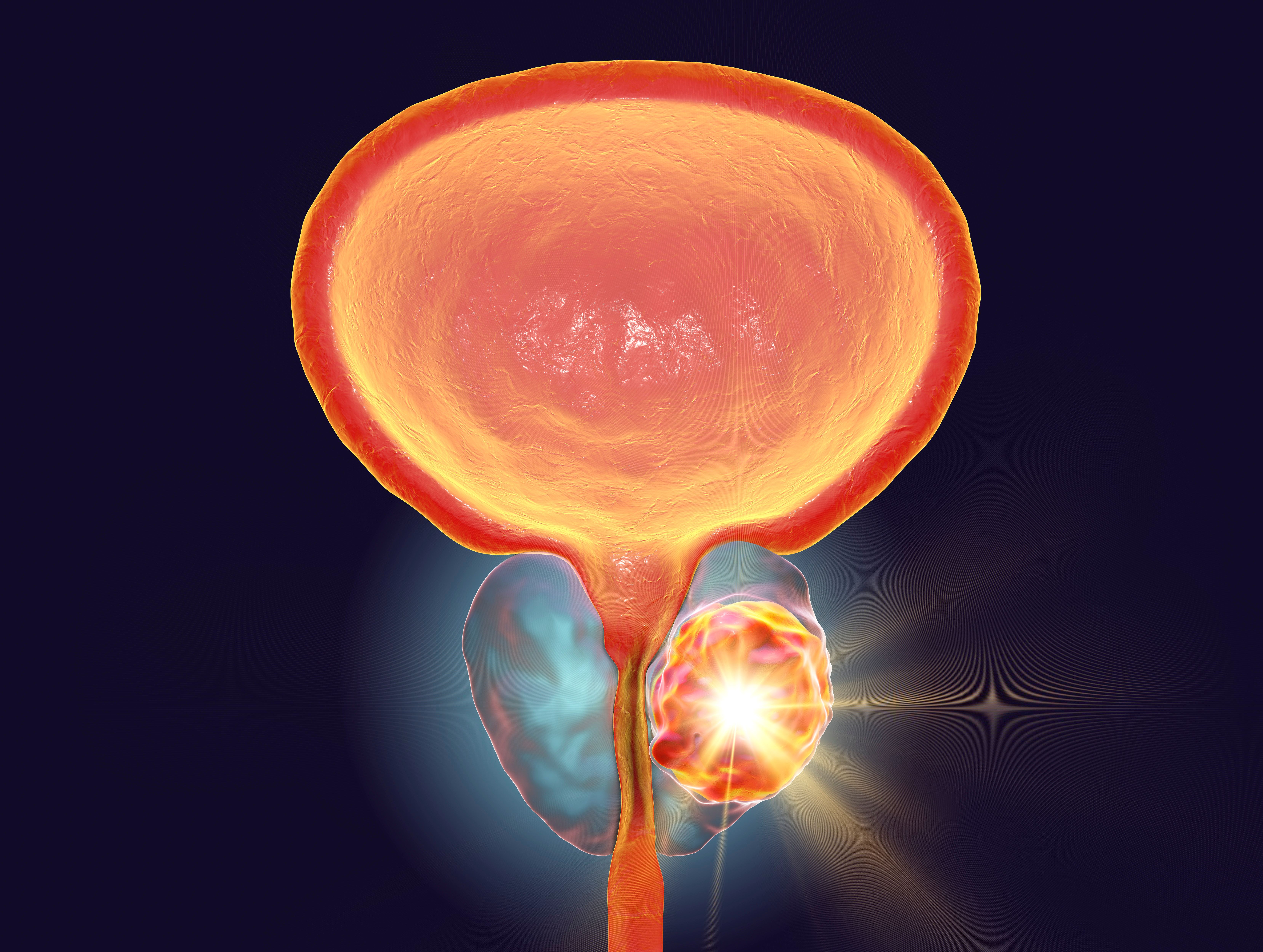Yi Lin, MD, PhD, hematologist at Mayo Clinic in Rochester, Minnesota discusses the significance of minimal residual disease (MRD) negativity in multiple myeloma in an interview with Pharmacy Times®, emphasizing its correlation with improved progression-free survival. She highlights findings from the CARTITUDE-4 trial that were presented at the 66th American Society of Hematology (ASH) Meeting and Exposition in San Diego, California.
In CARTITUDE-4, ciltacabtagene autoleucel (cilta-cel) demonstrated higher MRD negativity rates compared to standard regimens, resulting in better long-term outcomes in patients with multiple myeloma. Lin also underscores the pharmacist’s role in CAR T-cell therapy, managing chemotherapy dosing, ensuring cytokine release syndrome treatments are available, and coordinating long-term care with other providers.
Pharmacy Times: Could you elaborate on the significance of MRD negativity in multiple myeloma (MM) and how it relates to long-term outcomes?
Key Takeaways
1. MRD Negativity and Outcomes: Achieving and sustaining MRD negativity significantly improves progression-free survival in multiple myeloma patients, as shown in the CARTITUDE-4 trial.
2. Pharmacists' Critical Role: Pharmacists play a vital role in CAR T-cell therapy, ensuring proper medication management, toxicity mitigation, and supporting long-term patient care.
3. Collaborative Care Essential: Effective communication and collaboration among CAR T centers, hematologists, oncologists, and pharmacists are crucial to ensure comprehensive and sustained patient support.
Yi Lin, MD, PhD: Absolutely. We have seen across all clinical trials and real-world practice that, in general, myeloma patients whose disease is able to achieve complete remission and minimum residual disease (MRD) negativity, including sustained MRD negativity for at least a year, these are the patients who are generally going to do really well. They're going to have longer than average progression-free survival (PFS). At ASH this year, we're presenting MRD negative results from the CARTITUDE-4 trial with ciltacabtagene autoleucel (cilta-cel) compared with a standard of care triplet regimen. We also saw in that study that patients who received cilta-cel had a higher rate of achieving MRD negativity, and not surprisingly, those patients had a much higher rate of remaining in remission or progression-free at 30 months follow up compared to the patients who received standard of care. So, MRD remains important in chimeric antigen receptor (CAR) T-cell therapy.
Pharmacy Times: What should pharmacists know regarding this trial in order to properly counsel patients regarding cilta-cel treatment?
Lin: Pharmacists obviously work very closely with the CAR T treatment team. CAR T is given along with lymphodepletion chemotherapy, cyclophosphamide, and fludarabine. In our patients with myeloma, oftentimes, they could be older, they may have some kidney dysfunctions, and we need to work very closely with the pharmacist for renal-adjusted dosing of the chemotherapy. We have to work, obviously, very closely with the pharmacist to make sure medications such as tocilizumab (Actemra; Genentech) that need to be given for cytokine release syndrome (CRS) are ready and available for the patients. Now that we have more and more patients being treated, and then go on into long-term follow up, there are a lot of antimicrobial prophylaxis, IVIG, and other protective measures where the pharmacist assistance with not only these medications, but checking along with other medications patients might be taking will be very important for long-term management.
Pharmacy Times: How do you address concerns about the potential for toxicity and adverse events associated with CAR-T cell therapy, particularly in the context of long-term follow-up?
The 66th ASH Annual Meeting and Exposition took place from Saturday, December 7 to Tuesday, December 10 in San Diego, California. You can read our coverage here.
Lin: Absolutely. Earlier this year, there was published a large meta-analysis of over 5000 patients treated from clinical trial and real-world practice, including CAR T and multiple myeloma. In general, while we see that you can get more severe complications—such as treatment-related leukemias, secondary cancer, or some of the late neurologic side effects—in general, these are very uncommon; I would say, on average, 2% to 3%. It's more of an awareness that a patient could develop those concerns and that they're connecting back to the treatment center. But more broadly, the complications that are really contributing to the risk of morbidity and mortality for our patients are infection. More than 50% of the non-relapse mortality are from infection. Counseling, awareness, getting seasonal high-risk viral vaccines, age-appropriate immunizations—these are important things for patient care, as well as things like, as I mentioned, anti-microbial prophylaxis during immune reconstitution period for our patients. These are things that patients and their primary provider can work very closely with the pharmacist.
Pharmacy Times: How could these trial results impact not only pharmacists, but providers across the health care spectrum? Where are areas for collaboration among providers?
Lin: This is actually a very, very important topic, because right now, CAR T treatments are only available in less than 200 specialized centers across the United States. However, we work very, very closely with the primary hematologist oncologist across practices. One, for them to be aware of, well, when are the situations they should think about their patient being considered for CAR T and connect so there can be a timely referral so that the patients were eligible could get to the treatment? Two, is to recognize that the long-term management still resides with the providers at home. Just because patients travel to a CAR T treatment center to get the dosing of the CAR T and the immediate management doesn't mean that they no longer need follow up with their hematologist oncologist once they get back. We are learning, for example, things such as what they are at most risk for long term as they recover from their treatment and are in remission from their disease. These are information that really needs to be shared in real time between CAR T centers and the broader oncology practice, including pharmacists that practice both at the specialized center and the primary clinics, so that our patients are getting the best care possible along that whole journey of treatment.





